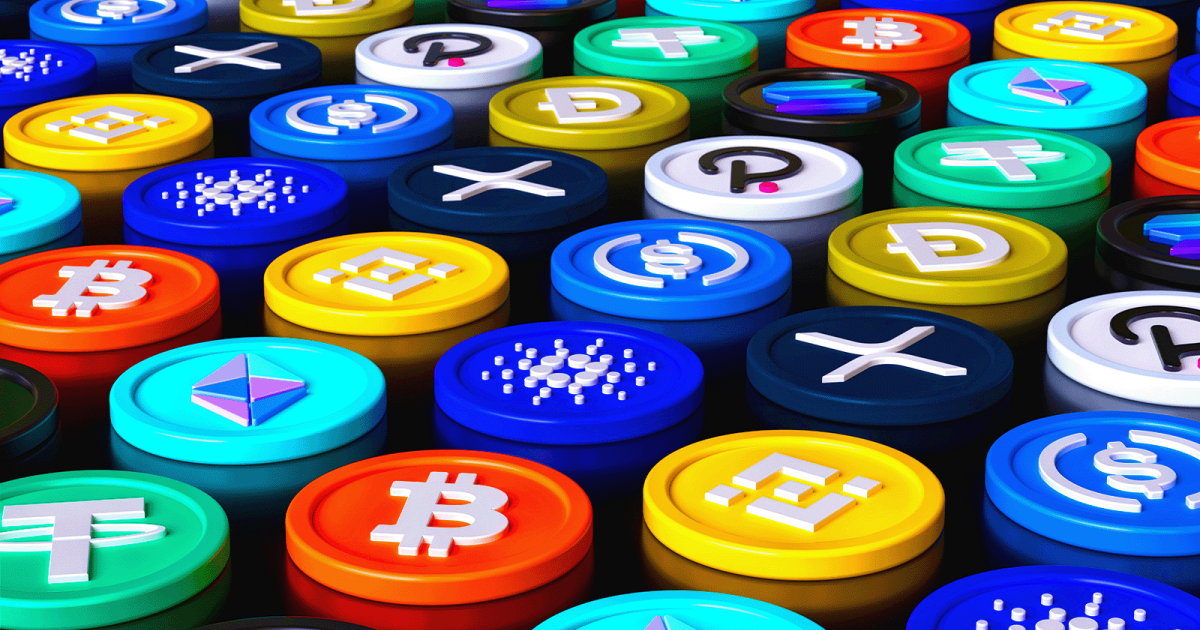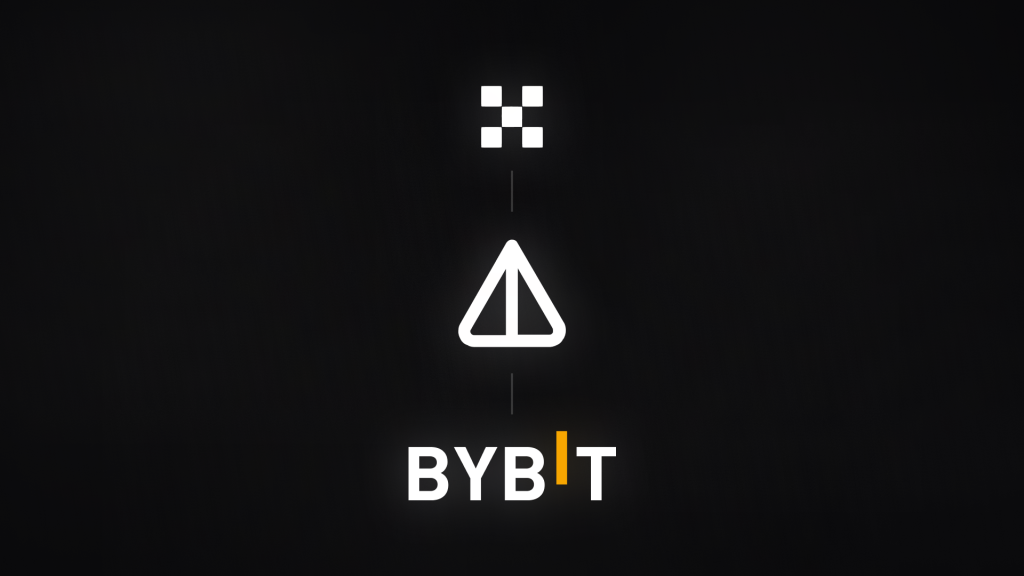Cryptocurrencies are digital forms of money that use cryptography to secure transactions and control the creation of new units. They have become a popular topic in recent years, as more people are curious about their potential, challenges, and implications for the future of finance.
One of the key features of cryptocurrencies is their supply, or the total number of tokens or coins that can exist in the market. Some cryptocurrencies have a fixed supply, meaning that there is a lifetime cap on how many tokens or coins can be mined or created. This makes them deflationary, as their value tends to increase over time due to scarcity. Bitcoin, for example, has a fixed supply of 21 million BTC.
Other cryptocurrencies have an unlimited supply, meaning that there is no limit on how many tokens or coins can be mined or created. This makes them inflationary, as their value tends to decrease over time due to oversupply. Ethereum, for example, has an unlimited supply of ETH, although it has a fixed annual issuance rate of 18 million ETH.
What are the advantages and disadvantages of tokens with unlimited supply? What are some of the largest and most popular tokens with unlimited supply? How can investors and users make informed decisions about these tokens? In this article, we will explore these questions and more.
The Pros and Cons of Tokens with Unlimited Supply
Tokens with unlimited supply have both benefits and drawbacks, depending on their design, use case, and market conditions. Here are some of the main pros and cons of these tokens:
- Pro: Flexibility and adaptability. Tokens with unlimited supply can adjust their supply according to the demand and needs of the network. For example, Ethereum can increase its supply to incentivize miners and validators to secure the network, or to fund its development and innovation. This can also help prevent network congestion and high fees, as more tokens can be used for transactions.
- Pro: Stability and accessibility. Tokens with unlimited supply can also provide stability and accessibility for users and investors. For example, USD Coin (USDC) is a stablecoin that is backed by US dollars and has an unlimited supply. This means that users can always exchange USDC tokens for dollars at any time, and enjoy the benefits of a stable and widely accepted currency. Similarly, Dogecoin (DOGE) is a cryptocurrency that is based on a meme and has an unlimited supply. This means that users can easily acquire and use DOGE for fun and social purposes, without worrying about its price fluctuations.
- Con: Dilution and devaluation. Tokens with unlimited supply can also suffer from dilution and devaluation, as more tokens enter the market and reduce their scarcity and demand. For example, Dai (DAI) is a decentralized stablecoin that is backed by collateral and has an unlimited supply. This means that users can create new DAI tokens by locking up their assets in smart contracts. However, this also means that the value of DAI can be affected by the fluctuations of the collateral assets, as well as the risk of undercollateralization and liquidation.
- Con: Inflation and uncertainty. Tokens with unlimited supply can also face inflation and uncertainty, as their supply growth rate and monetary policy are not predictable or transparent. For example, Ethereum does not have a clear long-term plan for its supply management, as it is undergoing a major transition from proof-of-work to proof-of-stake consensus mechanism. This means that investors and users do not know how the supply of ETH will change in the future, or how it will affect its value and security.

The Top Tokens with Unlimited Supply
Here are some of the largest and most popular tokens with unlimited supply:
- Ethereum (ETH). Ethereum is the second-largest cryptocurrency by market capitalization, after Bitcoin. It is also a platform for smart contracts and decentralized applications (DApps), which enable users to create and use various kinds of digital services on the blockchain. Ethereum has an unlimited supply of ETH, but it has a fixed annual issuance rate of 18 million ETH. However, this rate may change in the future, as Ethereum is transitioning from proof-of-work to proof-of-stake consensus mechanism, which will introduce new mechanisms such as burning and staking for ETH supply management.
- USD Coin (USDC). USD Coin is a stablecoin that is backed by US dollars and issued by Circle and Coinbase, two of the largest cryptocurrency companies in the world. USD Coin has an unlimited supply, as new USDC tokens can be minted and redeemed at any time, according to the demand and supply of the market. USD Coin aims to provide a stable, secure, and transparent alternative to fiat currencies, as well as a bridge between the traditional and the crypto economy.
- Dogecoin (DOGE). Dogecoin is a cryptocurrency that is based on a meme and was created as a joke, but has gained popularity and support from celebrities like Elon Musk and Snoop Dogg. Dogecoin has an unlimited supply of DOGE, as it has no cap on its mining or creation. Dogecoin aims to be a fun and friendly currency that can be used for tipping, social media, and online communities.
- Dai (DAI). Dai is a decentralized stablecoin that is backed by collateral and governed by a community of token holders. Dai has an unlimited supply, as new DAI tokens can be created by locking up various assets in smart contracts, such as ETH, USDC, or WBTC. Dai aims to provide a stable and resilient currency that can be used for global payments, savings, and lending.
The Bottom Line
Tokens with unlimited supply are a diverse and dynamic category of cryptocurrencies that have different advantages and disadvantages, depending on their design, use case, and market conditions. They can offer flexibility, stability, and accessibility, but they can also face dilution, devaluation, inflation, and uncertainty. Investors and users should be aware of these factors and make informed decisions about these tokens.





